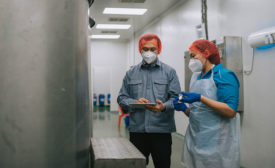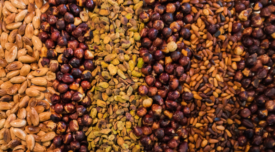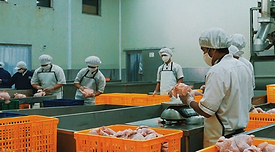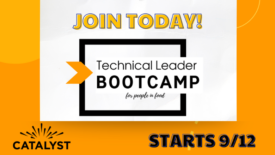Home » food safety culture
Articles Tagged with ''food safety culture''
Food Safety Culture: Moving from Checklist to Practice in 2024
A look at how whole-being competencies support technical leaders to shift culture through daily interactions and behaviors
December 12, 2023
Safe Bites: Ensuring Ethics Make the Food Menu
Numerous sectors require that their professionals engage with ethical education; why does the food industry not mandate food safety ethics courses?
October 9, 2023
Never miss the latest news and trends driving the food safety industry
eNewsletter | Website | eMagazine
JOIN TODAY!Copyright ©2025. All Rights Reserved BNP Media.
Design, CMS, Hosting & Web Development :: ePublishing












.jpg?height=168&t=1691503719&width=275)
